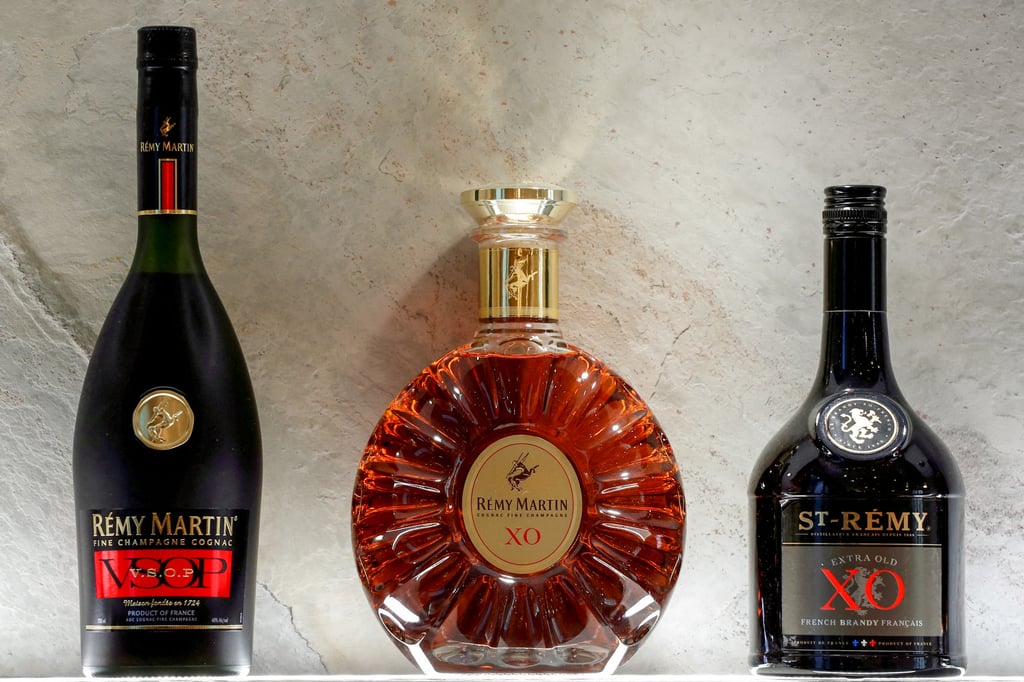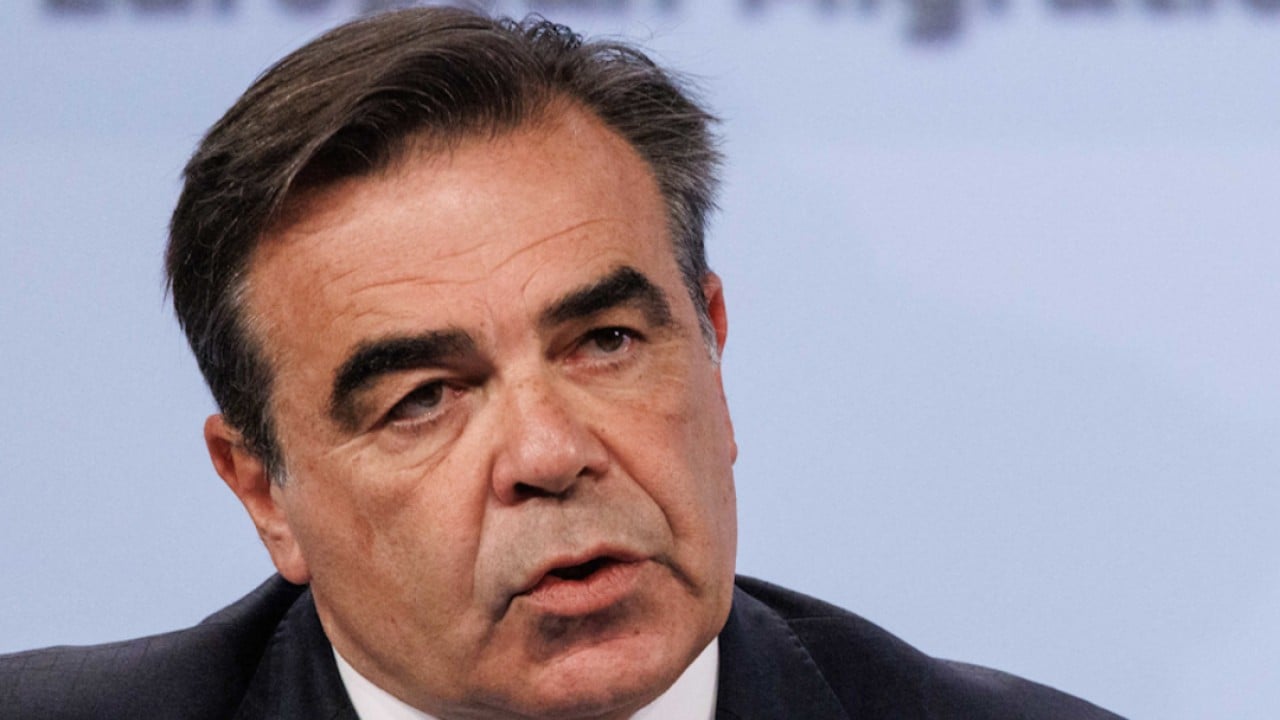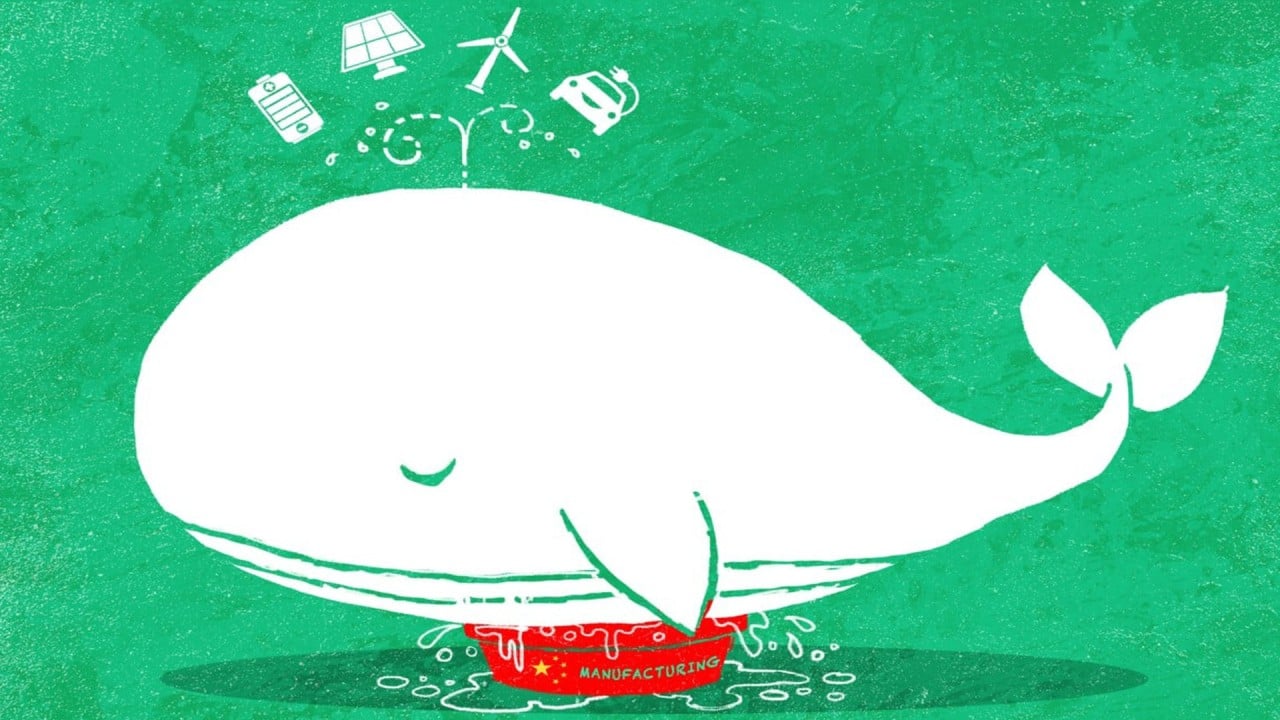An investigation by Beijing has found that European Union brandy is being dumped on the Chinese market at a rate significantly lower than its retail price in Europe, threatening “substantial damage” to local industry.
However, the authorities stopped short of imposing provisional anti-dumping duties, a move that may temporarily reduce tensions in the brewing EU-China trade war.
The Ministry of Commerce said in a preliminary ruling on Thursday that the imports – which mostly come from France – had a retail price that was between 30.6 per cent and 39 per cent lower than that in Europe.
The ministry concluded that the highest margin applied to the French cognac brand Hennessy. The other well-known French producers investigated were Remy Martin, which had a margin of 38.1 per cent, at Martell & Co, which had one of 30.6 per cent.
A margin of 34.8 per cent was applied to dozens of other firms. Should duties be applied at a later date, they are likely to be in line with these calculations.
An EU spokesman said the commission was “fully confident that our cognac exports to China are completely in line with all applicable WTO [World Trade Organization] rules”.
Olof Gill, the bloc’s trade spokesman, said a detailed assessment from the commission had concluded “the merits of this investigation are questionable”. He said: “The WTO sets out comprehensive rules that members must follow in initiating, conducting and imposing trade defence measures.”
Beijing launched its probe soon after the European Commission announced an anti-subsidy investigation into Chinese-made electric vehicles – a move championed by the French government.
The Chinese investigation was seen as a retaliatory move against France, and Beijing has since started investigating EU pork and dairy imports.
On Thursday, the commerce ministry also said it “will carefully study expert opinions and suggestions on increasing tariffs for imported fuel-powered cars with large-displacement engines”, a move that likely to hit imports from Germany, Slovakia and Austria.
During a visit to China in May, President Emmanuel Macron personally lobbied his Chinese counterpart Xi Jinping not to place provisional duties on French cognac, thanking him for “for his openness” on the subject and “his wish not to see them applied”.

France’s exports of brandy to China have already been falling. In July, shipments fell 52.5 per cent to US$97 million compared with US$203 million in the same month last year 2023, according to calculations based on Chinese customs data.
Last week, Brussels proposed definitive duties on EV imports from China ranging from nine per cent for cars made by Tesla to 36.3 per cent for those made by SAIC and other companies.
These are likely to be written into law by October 30 after a vote of EU member states that could take place as early as mid-September, sources said.
However, the commission also announced that it would not collect provisional duties that had been in place since July because there were no legal grounds to do so.
Brussels insiders view the reprieve for brandy importers as a response to that, but believe tariffs are likely in future.
“It’s a bit of relief,” said a French diplomat. “But I’m sure China will bite us in some form or another very soon.”
Spirits Europe, a lobby group for the European drink industry, described Beijing’s findings as “arbitrary” and said the tariffs, if applied, “would constitute an unjustified market access barrier”.
“This decision is all the more incomprehensible because our sector has fully cooperated with the Chinese authorities throughout the entire investigation process … The only silver lining at this stage is that the provisional duties will not apply for now,” Ulrich Adam, the group’s director general, said.
A 10-day consultation period on the EV tariffs is set to expire on Friday.
Manufacturers have been using that time to haggle for lower rates and the Post understands one group of Chinese car companies held an online hearing with EU investigators on Wednesday, with another hearing scheduled for Friday.
It is understood that the three Chinese companies who were part of a sample used to calculate the average countervailing duty – BYD, Geely, SAIC – are among those involved in these talks.
While there may be some adjustment to the tariff rate, 15 EU member states would have to vote against the duties to stop them, which is seen as highly unlikely.
The recent Chinese investigations into pork and dairy imports are broadly seen as an attempt to influence the EV decision.
Some of the countries that abstained in an indicative vote on provisional EV tariffs, including Ireland, stand to lose out if duties are imposed on agricultural imports.
“We are very confident that both the EU and our dairy exports are fully compliant with WTO rules,” Irish Foreign Minister Micheál Martin told the Post in Brussels on Thursday.
“We will continue to work with our colleagues within the EU in respect of the investigation that the Chinese government has initiated on the dairy sector.”
Meanwhile on Tuesday, the EU and China held their first formal talks on “facilitating cross-border data transfers of non-personal data” for European businesses.
The EU is concerned about the “systematic application of security approvals to exports of all ‘important data’” since new Chinese laws came into force in 2022.
“This concern has been further exacerbated by uncertainty as to what constitutes ‘important data’ as the concept has so far been only vaguely defined and applied in a far-reaching manner,” the bloc said.



.jpg?itok=Qexy_wA0)
